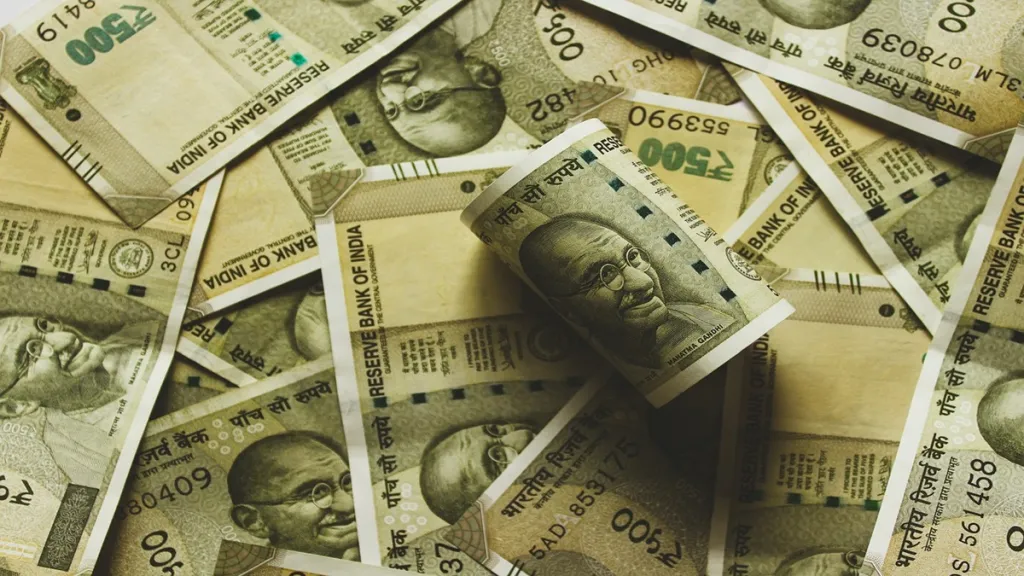The Modi government in January this year announced setting up the 8th Pay Commission, which will, among several other steps, decide on salary and pension revision for over 1 crore central government employees and pensioners. Since the pay panel announcement, speculations are rife that the new pay panel may settle for a fitment factor in the range of 2.57 to 2.86. 2.57 was the fitment factor – the multiplication number used to revise salaries – adopted by the 7th Pay Commission, which saw the minimum basic salary rise from Rs 7,000 to Rs 18,000 – a 2.57 times jump.
Various reports suggest that the Staff Side of the National Council Joint Consultative Machinery (NC JCM) has sought a fitment factor higher than 2.57 – one that was fixed by the 7th Pay Commission. The NC JCM Staff Side is a group of representatives who negotiate with the government on behalf of central government employees.
Th Staff Side put forth in February this year as many as 15 demands to be included in the Terms of Reference (ToR), which is expected to be rolled out this month before the 8th Pay Panel starts working.
Also read: DA hike for July 2025: Central govt employees, pensioners to get a bigger raise in next revision?
Among its various demands, the Staff Side wants the pay panel to examine and revise the pay, allowances, pensions, and retirement benefits for central government employees, including industrial and non-industrial staff, All India Services, Defence and Paramilitary forces, Gramin Dak Sevaks, and other categories.
The Staff Side has also suggested that the panel must ensure a fair and comprehensive revision of salaries and benefits for central government employees effective from January 1, 2026. It said that the ToR needs to suggest the fixation of minimum wages based on the 15th Indian Labour Conference recommendations (1957) with modifications to reflect modern living standards.
One of the key demands it proposed was to merge non-viable pay levels, such as Level 1 with Level 2, Level 3 with Level 4, and Level 5 with Level 6, to reduce wage disparities.
Will the govt yield to Staff Side demand on fitment factor and other salary revision aspects?
It is highly unlikely that the new pay commission will accept the demands from the Staff Side entirely. Even former Finance Secretary Subhash Chandra Garg is of the view that the government might settle for a fitment factor of 1.92 to revise salaried of employees.
Let’s see what happened in the 6th and 7th Pay Commissions.
When the 7th Pay Commission came…
When the recommendations of the 7th Pay Commission came in the year 2015, the Staff Side had strongly demanded to increase the minimum wage to Rs 26,000. This was about 3.7 times more than the minimum wage of Rs 7,000 at that time.
The Staff Side said that this amount was decided on the basis of the recommendations of the 15th Indian Labour Conference and the needs of the common employees. But the commission did not accept these demands completely. They were calculated on the basis of the Aykroyd formula and Rs 18,000 minimum wage and a fitment factor of 2.57 was decided.
What happened to the 6th Pay Commission?
Earlier, when the 6th Pay Commission came, the staff side had demanded a minimum wage of Rs 10,000. Their argument was that if public sector employees are working on this salary, then why discriminate against central government employees?
But the commission termed this demand as beyond facts and calculated a minimum basic pay of Rs 5,479. However, later it was slightly increased to Rs 6,600 and then to Rs 7,000.
An interesting point was that the commission accepted that the total minimum basic salary in A1 cities, including allowances, etc., will reach around Rs 10,000 – that is, the demand was indirectly accepted.
What to expect now?
Now, when once again the burden of inflation is heavy on the pockets of common employees and the declining purchasing power is increasing concern, the demand from the Staff Side is that at least this time, the government should hike the salaries and pensions, considering the current economic reality in the country.
While the last two pay panels made recommendations less than the expectations of the employees, this time, the serving employees in the central government and also retirees, are hoping that they will get some relief.

